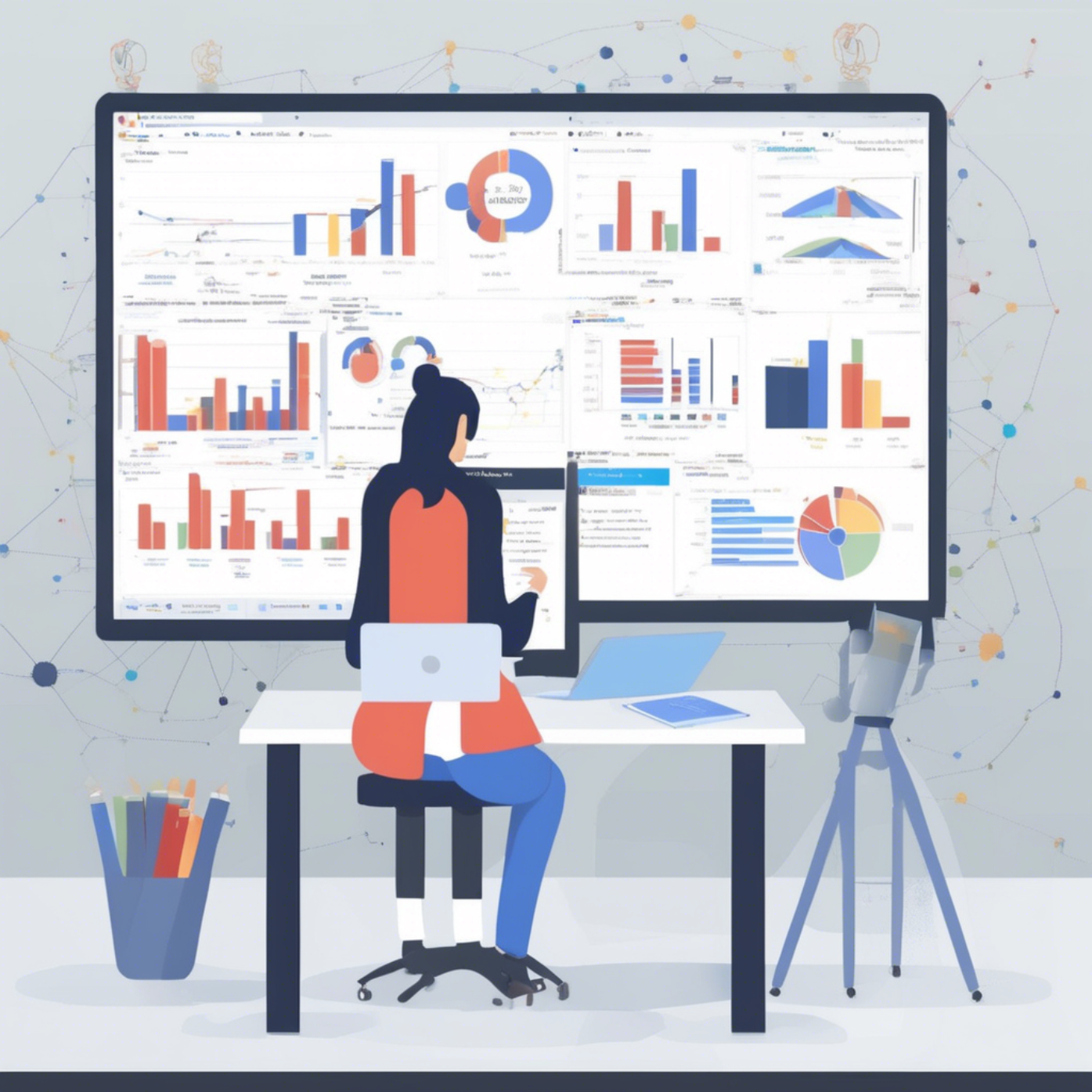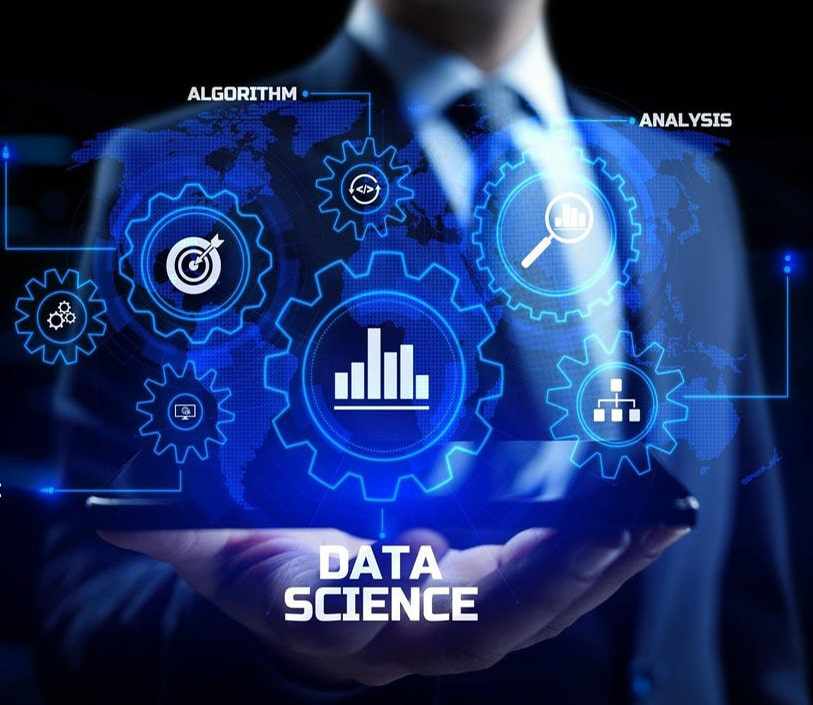
India's capital, Delhi, is undergoing a digital transformation that extends beyond private enterprises. In recent years, government departments and public sector units have increasingly embraced data science, artificial intelligence (AI), and big data analytics to address civic challenges, improve governance, and enhance service delivery. This data-driven shift is helping public institutions make smarter, faster, and more impactful decisions.
Transforming Governance Through Data
Government agencies in Delhi manage a vast amount of data daily—ranging from traffic patterns and health records to utility usage and environmental reports. Traditionally, this data was underutilised due to fragmented systems and manual processing. However, with the integration of AI and big data technologies, departments are now harnessing this information to uncover trends, predict outcomes, and implement targeted interventions.
For example, Delhi’s transport authorities are using predictive analytics to reduce traffic congestion. By analysing real-time GPS data and traffic sensors, they can adjust signal timings, reroute public buses, and provide live updates to commuters. Similarly, the Delhi Jal Board has adopted smart metering systems to monitor water consumption patterns and detect leakages, ensuring efficient water management in a city often plagued by shortages.
AI Applications in Public Health and Safety
One of the most impactful uses of AI in Delhi’s public sector has been in the field of health. During the COVID-19 pandemic, data science played a vital role in tracking infection rates, forecasting hotspots, and allocating resources efficiently. AI-powered dashboards and mobile apps helped policymakers visualise real-time trends and make evidence-based decisions.
In the area of public safety, Delhi Police has begun using facial recognition software and AI-driven surveillance systems to improve crime detection and response times. Big data tools are also used to analyse crime patterns and deploy forces more effectively in high-risk areas. This data-centric approach is helping the police department transition from reactive to proactive policing.
Such innovations have led to a surge in demand for professionals who understand both technical tools and public sector needs. For aspiring analysts and technologists, enrolling in a data scientist course in Delhi can be a crucial step toward contributing to meaningful, real-world applications in government projects.
Smart City Initiatives and Citizen Services
As part of the Smart Cities Mission, Delhi has implemented several data-driven initiatives aimed at enhancing citizen experience. AI and big data analytics are used in urban planning to model infrastructure projects, monitor air quality, and manage waste more efficiently. Real-time dashboards provide city administrators with insights into municipal performance, helping them prioritise tasks and respond quickly to public grievances.
E-governance platforms that rely on machine learning algorithms now allow residents to access services like property registration, electricity bill payments, and grievance redressal with greater speed and accuracy. These systems learn from user interactions to streamline workflows, reduce redundancies, and ensure faster resolution times.
The success of these systems depends not just on the technology but also on the people who design, operate, and refine them. This has led to a growing interest in academic programmes focused on AI and data analytics. For those who are keen on entering this evolving space, a data scientist course offers a perfect opportunity, often tailored to local use cases.
Challenges and the Road Ahead
While the adoption of AI and data science in Delhi’s public sector is promising, it is not without challenges. Issues related to data privacy, lack of standardised formats, and limited inter-departmental collaboration continue to pose obstacles. Moreover, there is an increased need for highly-skilled professionals who can navigate technical as well as ethical dimensions of public data use.
To overcome these hurdles, the government is investing in workforce training, infrastructure development, and policy frameworks that support responsible data use. Collaborations with academic institutions and private-sector experts are helping accelerate these initiatives. The future looks optimistic, provided there is a sustained commitment to building data literacy and maintaining transparency in algorithmic decision-making.
Conclusion
Delhi’s government agencies are proving that data science has a vital role to play in public welfare and governance. From traffic management and healthcare to policing and urban planning, the applications of AI and big data are reshaping how the city functions. The continued success of these initiatives will depend on a workforce that understands the technology and its implications.
For professionals and students keen to participate in this transformation, choosing the right educational path is key. A comprehensive data scientist course in Delhi can equip learners with the tools to contribute meaningfully to government-led data initiatives. As Delhi moves forward on its digital journey, data science will remain central to its mission of delivering smarter, faster, and fairer public services.



Write a comment ...